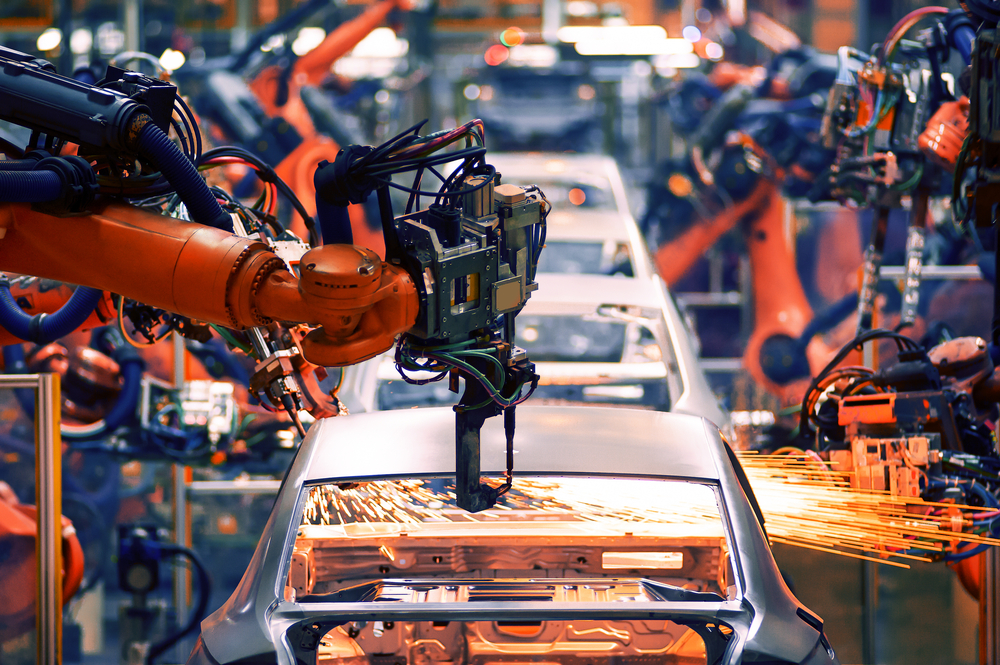In the realm of industrial operations, the valuation of machinery stands as a pivotal process, influencing financial decisions, risk management, and overall operational efficiency. Understanding the nuances of machinery appraisal is essential for businesses aiming to ascertain the true worth of their industrial assets without explicitly mentioning any brand names.
Defining Machinery Appraisal
Machinery appraisal involves the systematic assessment and determination of the fair market value of industrial equipment. This comprehensive valuation encompasses various factors, including the machinery’s age, condition, functionality, and its relevance within the current market landscape.
Significance of Machinery Appraisal
1. Strategic Decision-Making
Accurate machinery appraisal forms the bedrock of strategic decision-making within industrial enterprises. Whether considering equipment upgrades, expansions, or divestments, a precise valuation aids in informed choices that align with the organization’s goals and financial objectives.
2. Financial Planning and Reporting
For businesses engaged in financial planning or reporting, machinery appraisal offers a clear understanding of the value of industrial assets. This, in turn, facilitates precise accounting, ensures compliance with regulatory standards, and enhances the credibility of financial statements.
3. Asset Optimization
Machinery appraisal is instrumental in optimizing the utilization of industrial assets. Identifying underperforming or obsolete machinery enables businesses to streamline operations, improve efficiency, and maintain a competitive edge in their respective industries.
4. Merger and Acquisition Transactions
In scenarios involving mergers, acquisitions, or partnerships, accurate machinery appraisal is indispensable. It aids in determining equitable values, facilitating negotiations, and ensuring that businesses involved in transactions have a transparent understanding of the assets in question.
The Machinery Appraisal Process
1. Preliminary Assessment
The appraisal process begins with a preliminary assessment of the machinery, including an examination of specifications, maintenance records, and visual inspections to establish a baseline understanding.
2. Market Analysis
A comprehensive market analysis follows, considering factors such as industry trends, demand for specific machinery types, and economic indicators that might influence the fair market value.
3. Technical Evaluation
The technical evaluation involves a deeper examination of the machinery’s condition, functionality, and any modifications that may impact its value.
4. Comparative Analysis
Comparing the subject machinery with similar equipment in the market establishes benchmarks for valuation. This comparative analysis considers variables such as age, usage, and technological advancements.
5. Valuation Report
The culmination of the appraisal process results in a detailed valuation report. This report outlines the methodology employed, supporting documentation, and the final appraised value of the machinery.
Conclusion
In conclusion, machinery appraisal is a multifaceted process essential for industrial enterprises seeking to make informed decisions, optimize operations, and adhere to regulatory standards. As industrial landscapes evolve, recognizing the significance of machinery appraisal is paramount for sustainable growth and success. Regular valuations empower businesses to adapt to changing circumstances, fortify financial positions, and navigate the complexities of the industrial sector.










